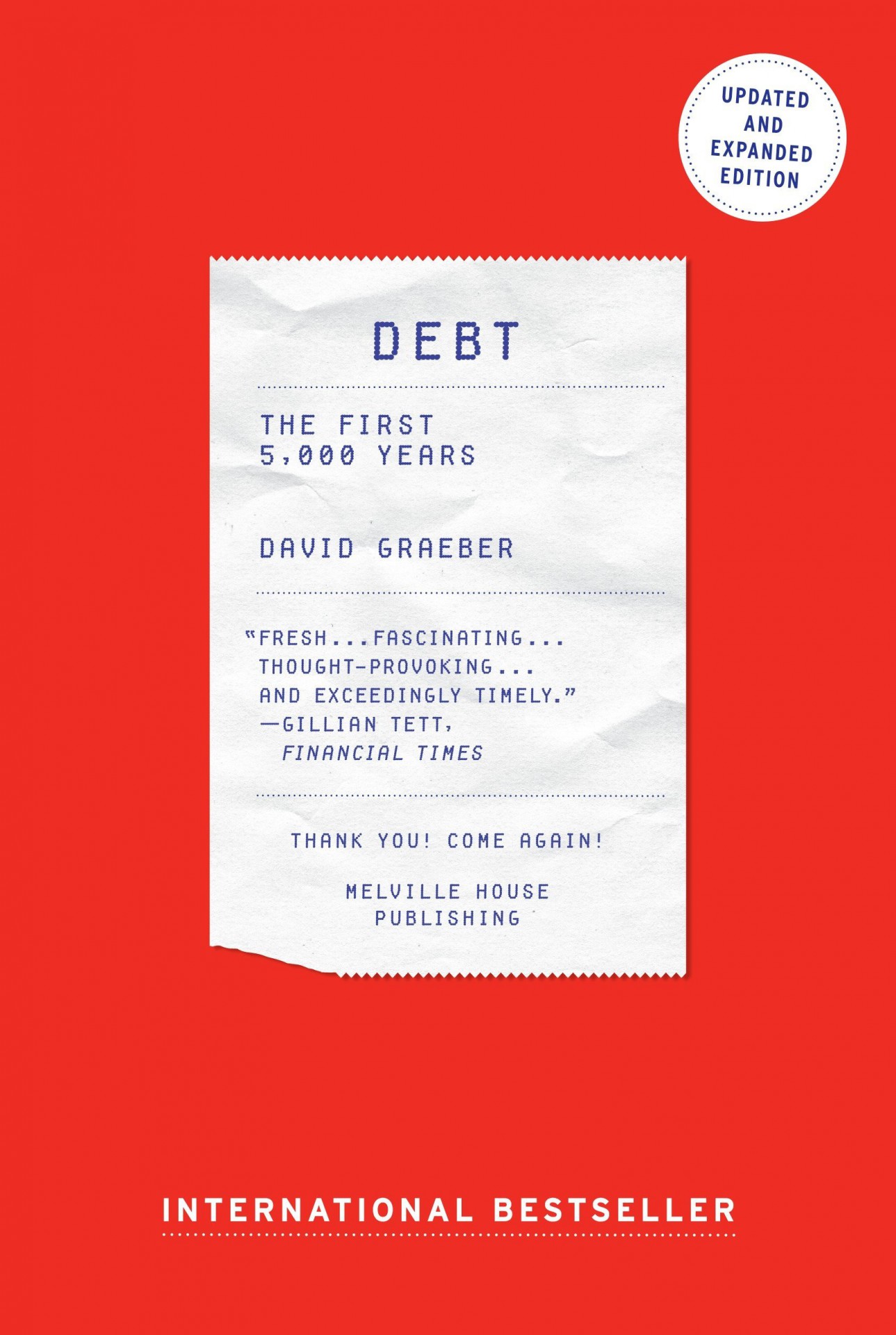David Graeber on ‘Debt: The First 5,000 Years’
In this interview, David Graeber explores the historical and social roots of the concept of debt, challenging traditional economic theories. Graeber argues that debt preceded money, and that early human societies relied on a system of reciprocal credit rather than monetary transactions. In this context, debt was not just an economic agreement but a deep social bond with moral and political implications.
One of the main themes discussed is how debt was used as a tool of power in ancient civilizations. Debt was not merely a matter of exchange but also a means to consolidate control and inequality, with debtors being forced to work to repay their debts, sometimes even resulting in slavery.
Graeber also critiques the modern financial system, highlighting how both public and private debt continue to favor elites and maintain social inequalities, particularly in relation to poorer countries. He also examines the moralization of debt, which is often presented as an ethical obligation, contributing to justifying austerity policies and systemic inequalities.
The interview concludes with a reflection on his involvement in social movements like Occupy Wall Street, which oppose the current economic order and seek to reshape the global power structures tied to debt.
Here is the link to the podcast.

